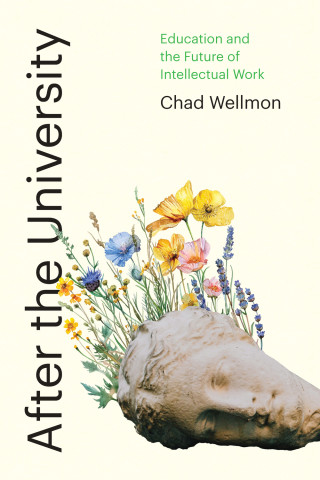
Reviews
World of Patterns is an impressive work, not only thanks to its truly global grasp but also because it spans huge periods of time, from the Paleolithic to the beginning of the nineteenth century, and furthermore because it covers a wide variety of knowledge fields, from the natural sciences to the human sciences—among them astronomy, mathematics, medicine, history, philology, linguistics, literary sciences, and jurisprudence.
Bod has written a sweeping history of the search for patterns and the generalizations and principles devised and discovered to explain and legitimate these perceived patterns. By tracing this search across different cultures and times, he has also written a history of the all-too-human desire to know. This book is even more ambitious and imaginative than Bod's last one.
In the writing of history, overviews are as necessary as detailed research. Rens Bod offers such an overview, a 'Big History' of human knowledge from the Stone Age to the present. He makes effective use of organizing concepts such as 'patterns' and 'principles,' especially in his analysis of select intellectual disciplines.
With a minimum of learned clutter and a maximum of clarity and curiosity, Rens Bod surveys the human search for patterns and the principles that underlie them over millennia and across continents, from Babylonian linguistics to Roman jurisprudence, ancient Greek astronomy to medieval music theory, Chinese logic to Micronesian navigation. This panoramic and insightful survey is the closest thing we have to a history of knowledge without borders.
This book is a tour de force. I cannot think of another work that attempts what this book does. The author has done us—across nearly all fields of scholarship and regions of the world—a huge service with his argument and synthesis of a huge amount of material in a single volume; and making it so readable.
In this pathbreaking book, Rens Bod tears down the walls that past historiographies have erected between fields of knowledge and between places of knowledge. Focusing on patterns and principles is the highly original choice that allows Bod to weave together threads that have usually been followed separately. A thought-provoking essay!
This book is an eye-opener and a must-read for everyone interested in how a global perspective changes our understanding of knowledge. Based on a reevaluation of historical sources and using methods from the digital humanities, Rens Bod provides a unique survey of the global history of knowledge with an emphasis on patterns and principles. Combining this clear focus with a breathtaking scope that includes many hitherto neglected facets of the history of knowledge, Bod offers a much needed new narrative challenging traditional Western-centric views.
Book Details
Preface: The Wonder of Knowledge
Introduction. Understanding the World through Patterns and Principles
Chapter 1. The Awareness of Patterns: Prehistory
Chapter 2. The Explosion of Patterns and the
Preface: The Wonder of Knowledge
Introduction. Understanding the World through Patterns and Principles
Chapter 1. The Awareness of Patterns: Prehistory
Chapter 2. The Explosion of Patterns and the Awareness of Principles: Early Antiquity
Chapter 3. The Explosion of Principles and the Awareness of Deduction: Classical Antiquity
Chapter 4. The Reduction of Principles: Postclassical Period
Chapter 5. The Discovery of Patterns in Deductions: The Modern Era
Conclusion. The Origin, Growth, and Future of Knowledge
Acknowledgments
Notes
Bibliography
Index






